ASCI calls for fairer climate transition; Fortescue, Medibank, Downer ESG ratings take a hit
Super funds want a ‘just’ approach to environmental goalkicking, but ESG ratings and ultimately returns of ASX-listed businesses are more a function of good governance than green policy.
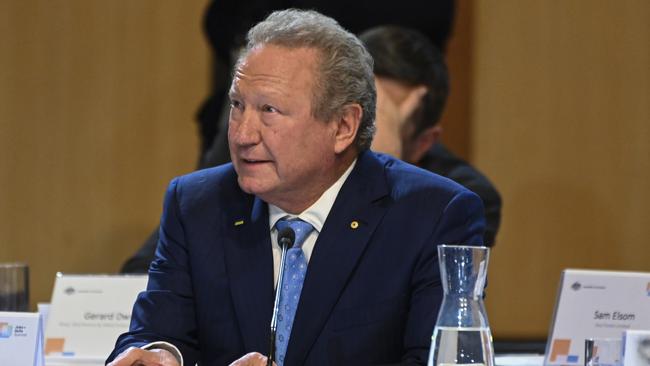
Significant economic losses, greater social support costs due to higher unemployment, potential political instability and energy price surges are among the risks linked to an “unjust” energy transition in Australia, according to a new industry report.
For businesses, it could mean losing their social licence to operate, possible commercial disadvantage and other financial risks, which could also affect investors, the Australian Council of Superannuation Investors warns in its report, to be released on Tuesday.
“Governments and listed companies must put as much thought and planning into bringing workers and communities with them to a low-carbon future as they do to decarbonisation itself,” said the industry group, representing AustralianSuper, Australian Retirement Trust, Cbus Aware, UniSuper and Hostplus.
ACSI also wants the government to establish an independent Just Transition Authority to advise on the national climate, societal and economic change that is “timely, fair and meets the goals of the Paris Agreement”.
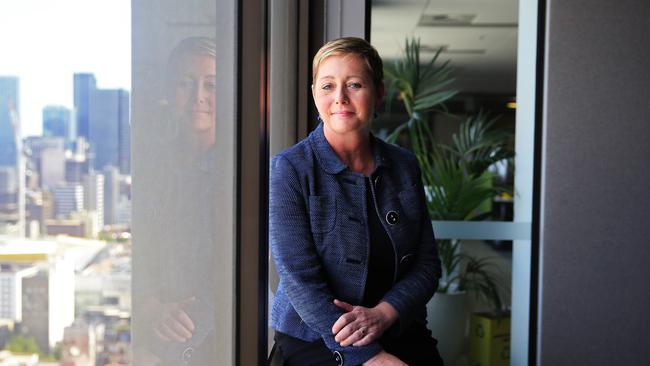
The demands comes a month after research showing local companies are not doing enough to reduce their carbon emissions.
It also follows strong opposition by energy companies to the Albanese government’s new laws allowing intervention in the gas markets by setting price caps, slammed as a “Soviet-style” policy move by Santos chief executive Kevin Gallagher.
“We’re at a critical moment, and it’s vital that local people are involved in building their own future in a low-carbon world,” ACSI chief executive Louise Davidson said.
“The transformation to a low-carbon economy is inextricably linked with profound social and economic change but, so far, little has been done to holistically assess and manage these impacts.”
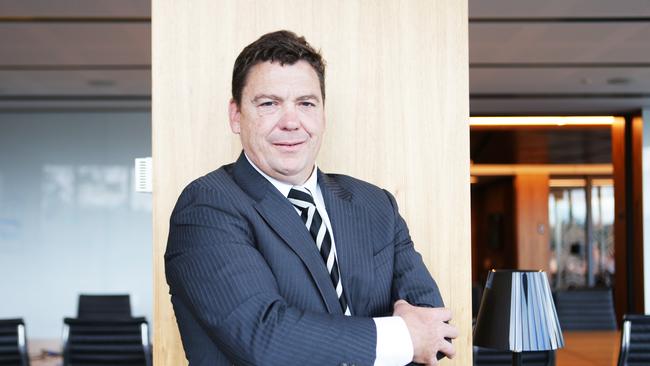
Macquarie’s latest environmental, social and governance survey, covering 256 ASX-listed companies, reveals that how a business is led – more than its impact on the planet or its people – is the “most quantifiable dimension” to assess the quality, credibility and trust in management and, ultimately, shareholder returns in 2022.
ASX100 companies that performed well on ESG this year included property groups Mirvac and Charter Hall, biotech giant CSL, medical devices maker Cochlear, online real estate advertiser REA Group and software business WiseTech Global.
The poor performers included retailer Harvey Norman, embattled casino group Star Entertainment and coal miner Whitehaven Coal.
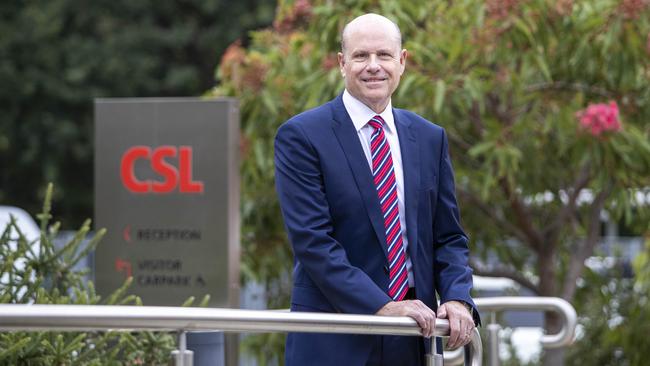
Downer fell to the bottom rankings due to its accounting irregularities, misreporting of revenue and work in progress on a $170m contract.
Medibank also shifted out of the top scorers due to its massive cyber breach, where Russian hackers gained access to the personal information and health records of almost 10 million current and former policyholders, triggering regulatory investigations and a potential class action.
Magellan Financial’s management turnover also pushed its ESG ratings lower, with the investment manager’s shares down more than 52 per cent so far this year following poor bets on US tech stocks, and the controversial sudden departure founder and investment chief Hamish Douglass.
“ESG scores can be used as another lens to complement investment analysis, enhance shareholder returns or manage portfolio risk,” Macquarie said.
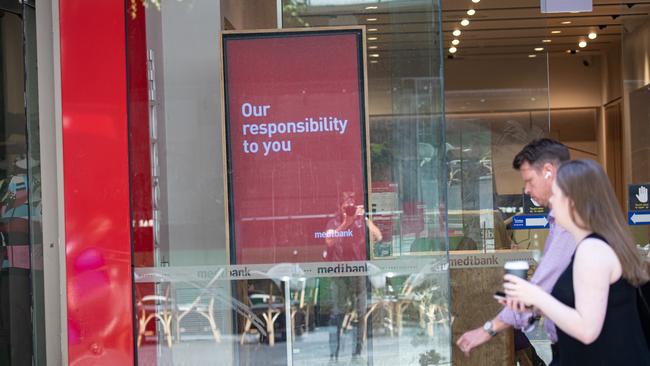
Andrew Forrest’s Fortescue, with an ambitious green agenda, failed to score a higher ESG rating in Macquarie’s survey. It was among the bottom ESG-related stocks due to “lower governance scores on corporate structure, remuneration and risks and controls” but it did have above average environmental score versus other resource sector companies,” Macquarie’s report said.
Earlier this month, Fortescue Metals chair Andrew Forrest announced plans build his privately-owned Squadron Energy vehicle into Australia’s biggest energy company with a $4bn-plus deal to buy CWP Renewables.


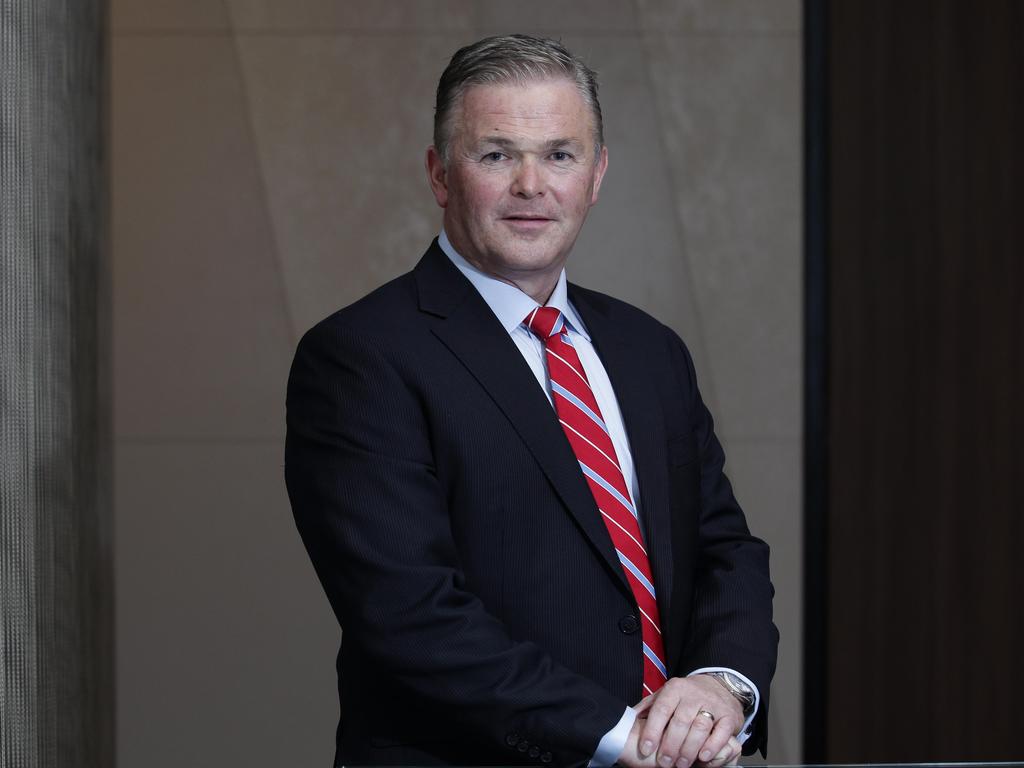

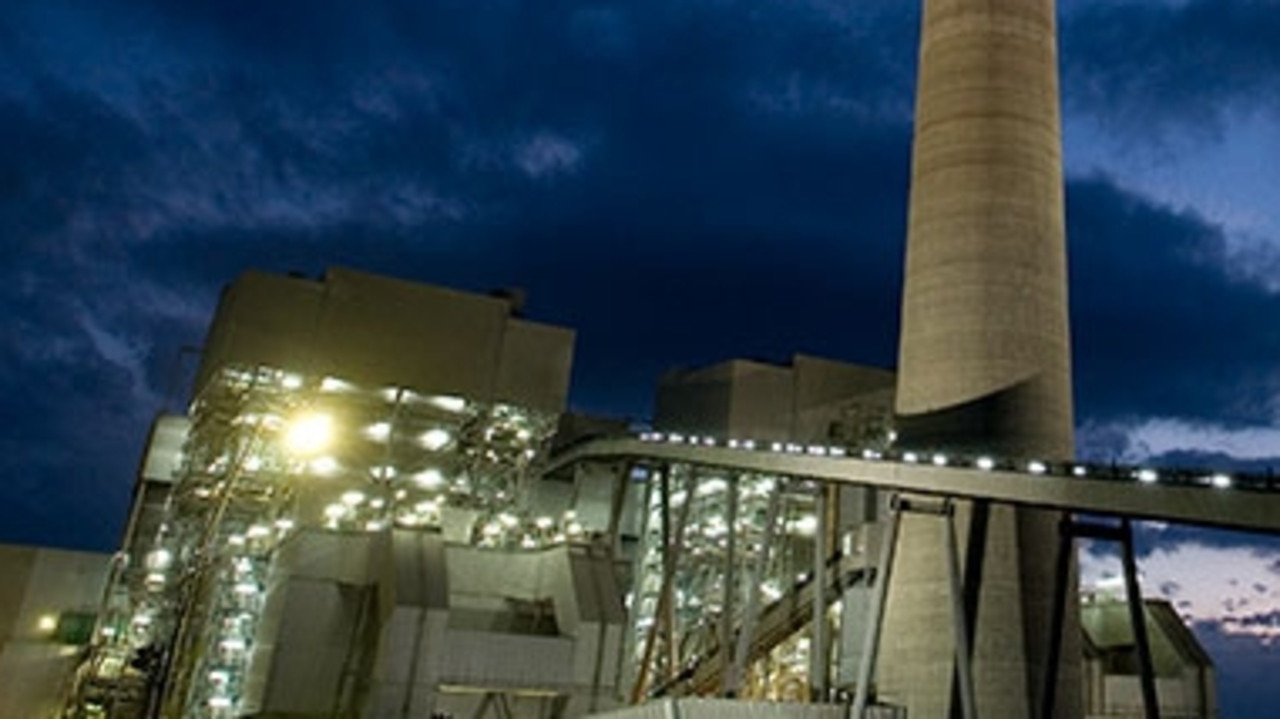

To join the conversation, please log in. Don't have an account? Register
Join the conversation, you are commenting as Logout